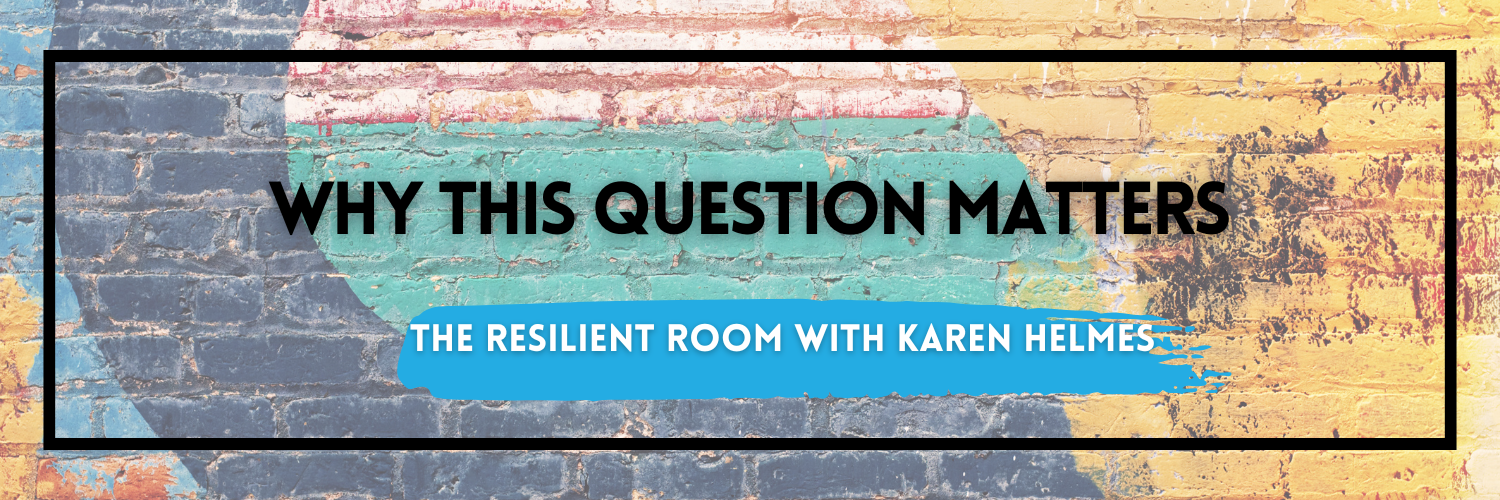Can You Be A Therapist with Depression?
This experience is more common than you think!
Can you be a therapist when you’re battling depression yourself?
The short answer: yes. In fact, statistics show that people working in mental health are often more likely to face their own struggles.
Depression is far from uncommon among mental health professionals. In one national study, 61% of psychologists reported experiencing at least one episode of clinical depression, and among counseling psychologists, 62% self-identified as depressed (PubMed Central). That means most therapists know firsthand what it feels like to struggle internally while still needing to show up for others.
And yet, despite the weight of depression, therapists continue to practice with compassion and effectiveness.
Why?
Because lived experience, when held with care, can profoundly enrich our work.
But here’s the concerning reality: we, as therapists, also know that about 56% of people with a mental illness receive no treatment (NOCD). That means even in our own field, too many suffer in silence.
As a therapist who lives with severe chronic pain that often impacts my mental health, I’ve felt the weight of depression creep in after physical flare-ups. I know the quiet struggle of holding space for others while managing my own inner storms.
You Can Be a Therapist with Depression. It Doesn’t Make You Weak: It Makes You Human
Depression, whether episodic or chronic, is not a sign of failure. Just as we reassure our clients that mood fluctuations are part of being human, we must extend that same compassion to ourselves. Being in the mental health field doesn’t disqualify you from your own journey; it equips you with empathy, insight, and resilience.
Here are the practices that help me - and might help you too - continue this meaningful work even when depression is part of the journey.
1. Restructure Your Schedule with Compassion
On tough days, I honor my energy limits. Sometimes that means spacing out client sessions, building in longer breaks, or giving myself permission to finish notes the following day. It’s not laziness, it’s self-preservation.
2. Routine Over Motivation
Motivation ebbs, especially during depressive episodes. Instead of waiting for motivation to appear, I lean on structure. Keeping a steady rhythm, showing up even with adjustments, is more powerful than waiting to “feel ready.”
3. Lean on Your Community
Depression thrives in silence. Staying connected, with trusted peers, friends, your own therapist, or professional support groups helps quiet isolation and restore perspective.
4. Prioritize Your Own Care
We urge our clients to keep up with therapy, appointments, and self-care. We need to hold ourselves to the same standard. Tending to your mental health while practicing the art of holding space for others isn’t optional…it’s essential.
The majority of therapists have, at some point, struggled with depression.
The good news?
Your lived experience can deepen your practice in ways that theoretical knowledge alone cannot. You understand nuances, you listen between the lines, and you bring a humanity that resonates deeply with clients.
If you’re holding space for others while carrying unseen burdens, you deserve support too.
This is the work I specialize in, helping therapists who navigate silent struggles find sustainable, compassionate ways to care for themselves while continuing to care for others.
Ready for Support?
If you’re ready to cultivate a practice that honors both your clients and your health, let’s connect. Together, we’ll explore how to hold your own space with as much intention as you hold space for others.


